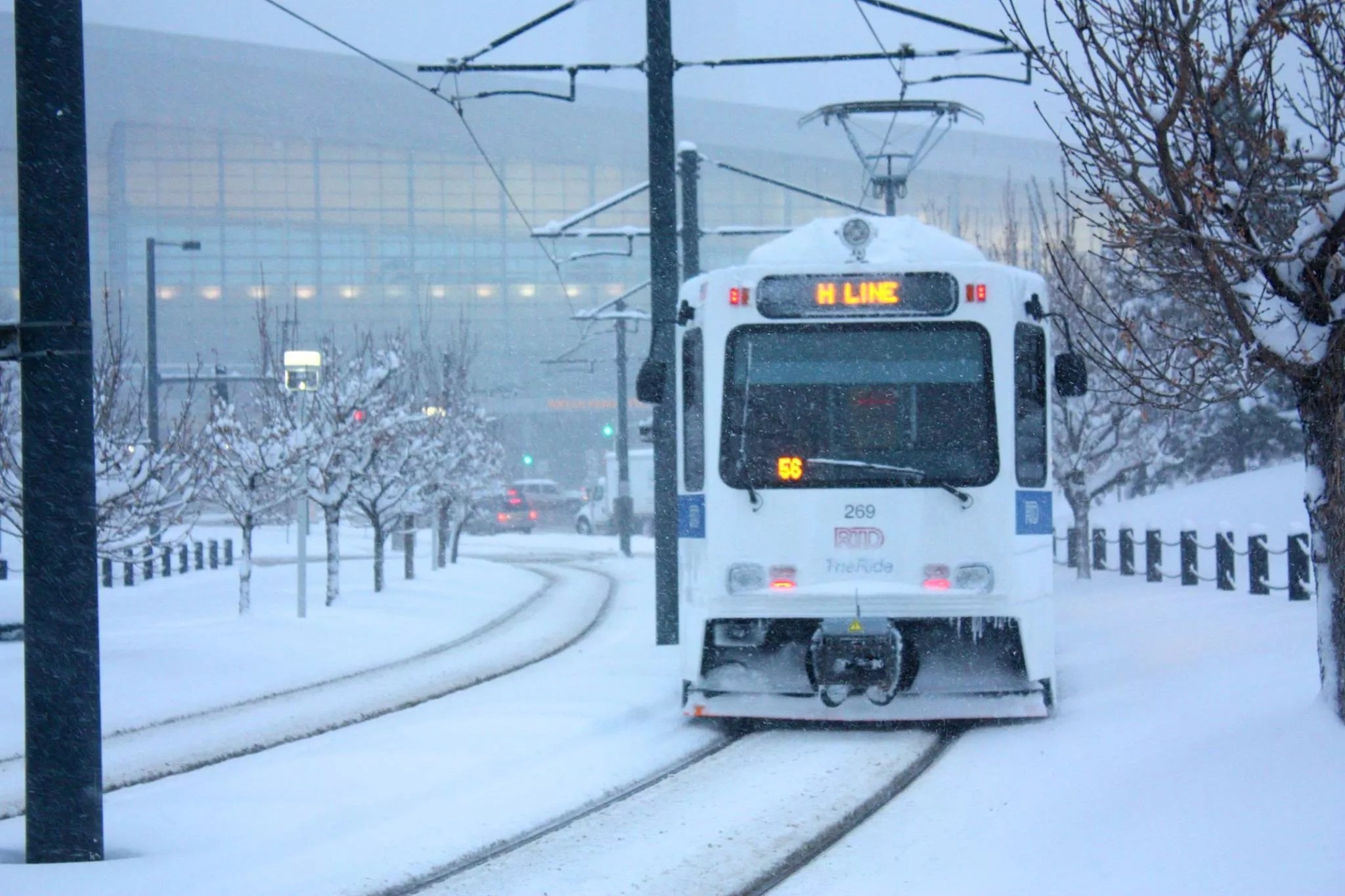

Audio By Carbonatix
With ridership plummeting, Denver’s Regional Transportation District will drastically reduce public transit service as shutdowns over the coronavirus pandemic continue to roll out across the Front Range.
On March 24, the agency’s board of directors voted unanimously to adopt a temporary service plan that will reduce bus service to a Saturday schedule and rail service to Sunday levels, meaning less frequency on most routes and the complete suspension of some others. The changes will take effect on April 19, and for now, at least, the agency’s plan wouldn’t fully restore service until September 20.
“This clearly is an unprecedented time,” said RTD board chair Angie Rivera-Malpiede. “Over the last couple of weeks, as we’ve gone down this really crazy road together, it has been damn scary. It has been unprecedented, it has been surreal.”
Many RTD buses and trains have run empty in recent days, as a gradual series of shutdown orders from state and local officials brought daily life in the Denver area to a halt. According to data released by the agency this week, system-wide ridership fell off a cliff starting on March 12, declining by as much as 70 percent below normal levels.
“The ensuing ten-day period has seen a steady and dramatic decrease in ridership that is unrivaled in public transportation history,” Paul Ballard, the agency’s interim general manager, wrote in a memo to boardmembers. “Based on new restrictions from our state and local leaders, we anticipate further reductions in ridership.”
Ballard told boardmembers at the March 24 meeting – the first to be held remotedly – that RTD hopes to retain its current workforce throughout the service reductions. The agency has long struggled with staffing shortages that have necessitated “mandating,” or forced overtime, with many bus and train operators required to work six days a week. The temporary service cuts will drastically reduce, if not eliminate, the need for mandating, and any extra staff will be able to participate in trainings or cover operators who may call out sick during the COVID-19 outbreak, Ballard said.
“Our plan is to maintain our operations force in the immediate future,” he said. “Our hope is that we’ll get back to normal quick enough so that that will take care of our workforce.”
Once ratified by operators through the agency’s “run board” process, the service changes will result in the temporary elimination of lines like the Metro Ride, many express and limited bus routes, and the C and F light-rail lines. Depending on ridership, it’s possible that some service could be restored on a “case-by-case basis” before the planned end date of September 20.
Some boardmembers urged RTD staff to consider additional measures to address the coronavirus pandemic, such as suspending fares or switching to rear-door boarding – steps that other agencies have taken to minimize contact between drivers and passengers amid the outbreak.
RTD is far from alone in the challenges it now faces: Transit agencies across the country have seen similarly sharp decreases in ridership and revenue, prompting calls for federal assistance. The federal stimulus package negotiated by the U.S. Senate reportedly includes $20 billion in emergency funding for the Federal Transit Administration, which would administer grants to state and local transit agencies.
With both fare-box collections and sales-tax revenues likely to continue to decline in the coming weeks and months, RTD – which had been anticipating a budgetary squeeze even before the pandemic – will need every bit of help it can get.
“We’re clearly taking a big hit,” director Peggy Lubow said during the March 24 board meeting. “It concerns me, because I know that we have underlying financial problems anyway, and this does not help.”
Read more about the RTD board’s actions here.